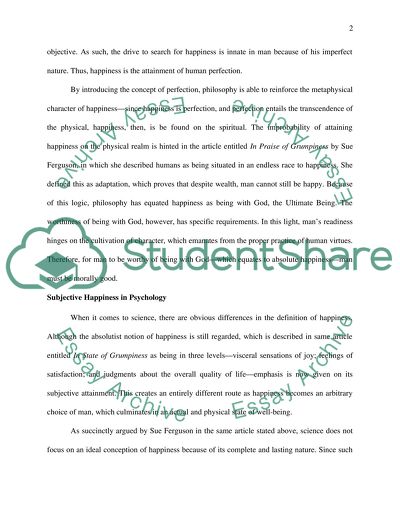Cite this document
(“Can Happiness be learned Why or how Research Paper”, n.d.)
Can Happiness be learned Why or how Research Paper. Retrieved from https://studentshare.org/psychology/1437166-can-happiness-be-learned-why-or-how
Can Happiness be learned Why or how Research Paper. Retrieved from https://studentshare.org/psychology/1437166-can-happiness-be-learned-why-or-how
(Can Happiness Be Learned Why or How Research Paper)
Can Happiness Be Learned Why or How Research Paper. https://studentshare.org/psychology/1437166-can-happiness-be-learned-why-or-how.
Can Happiness Be Learned Why or How Research Paper. https://studentshare.org/psychology/1437166-can-happiness-be-learned-why-or-how.
“Can Happiness Be Learned Why or How Research Paper”, n.d. https://studentshare.org/psychology/1437166-can-happiness-be-learned-why-or-how.


